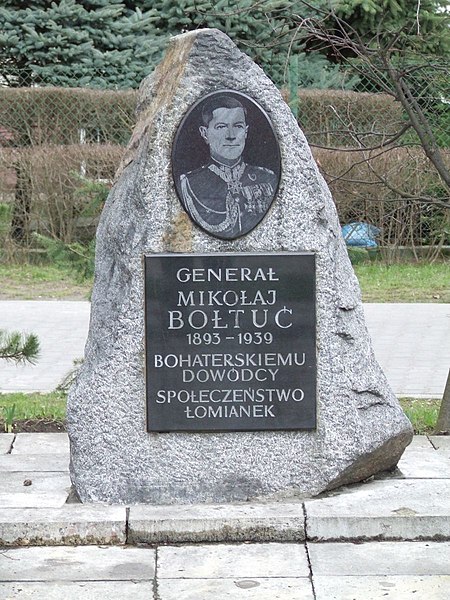I saw some websites that tried to soften Bogusław Radziwiłł's image somehow. I suspect that his own "Autobiografia" has a lot to offer, even though he tries to show himself there in the best possible light. For your convenience I translated few paragraphs below.
From the introduction to: Bogusław Radziwiłł, Autobiografia, in Polish, available in many sites, pdf format, 169 pages
Reading his "Autobiografia" carefully, we see that Bogusław created it not only to clear himself in eyes of the Polish society from the charge of treason and from his service to the foreign powers but also to justify his right to the Hetman Mace - not because the merits of his or of his ancestors but because of his personal skills and great military experience.
This is why he devoted so much space in this little book to the military ranks he received and the military campaigns he conducted. Even the general concept of himself, presenting himself above all as a fearless knight, even duelling with lower classes, was clearly associated with the desire to demonstrate his rights to the Mace.
In this randomly selected fragment of his own memoirs I somehow fail to see any heart breaking decisions for him to take. He just followed his own instinct and own business.
Anno 1656. On January 2, I followed the King of Sweden to Konigsberg, where soon afterwards a treaty was signed between the Elector and the Swedes. I then learned about death of my cousin [Janusz] (I was in Bartensztein then), so I hurried as quickly as I could to see to his body, but nearing Kamieniec Mazowiecki I learned that young JM Pan Sapieha besieged Tykocin. Collecting as many people as I could I went to the rescue of Tykocin - wishing to liberate the body of the deceased prince, which they wanted to mutilate. I also took revenge on Korotkiewicz, who had incited my soldiers to mutiny at Zaszków, cutting down his regiment at Choroszcza , so he barely escaped with his life. From there, going towards Warsaw and learning that a Sapieha's banner was readying to attack me I overtook them and cut all of them down.
I joined the King of Sweden, who was returning from Zamość, near Warsaw on the second day of Easter. Together we were moving around for few weeks towards Bydgoszcz and across the Great Poland until we finally came into Toruń, from where he cruised to Elbląg to meet the Swedish Queen his wife. I also welcomed her but shortly afterwards we went to Gdańsk, and after taking Głowa, the Swedish king took two more forts, which city badly needed.
At that time, the luck of Swedish king was cut short because JM King of Poland took Warsaw back, and where I lost much of my things and belongings. King of Sweden was perturbed of this news fearing for life of his brother Adolf and General Wrangel, who were staying at Nowy Dwór with very few people only. […] So he moved there himself and sent me with an army of 3000 selected soldiers to rescue Tykocin, besieged by "pospolite ruszenie". Thanks to the Lord I liberated the place and removed from it the most expensive belongings of mine. I came back to the King of Sweden the same day, when the armed union with the Elector was established.
Polish source: Bogusław Radziwiłł, Autobiografia






a.jpg)

